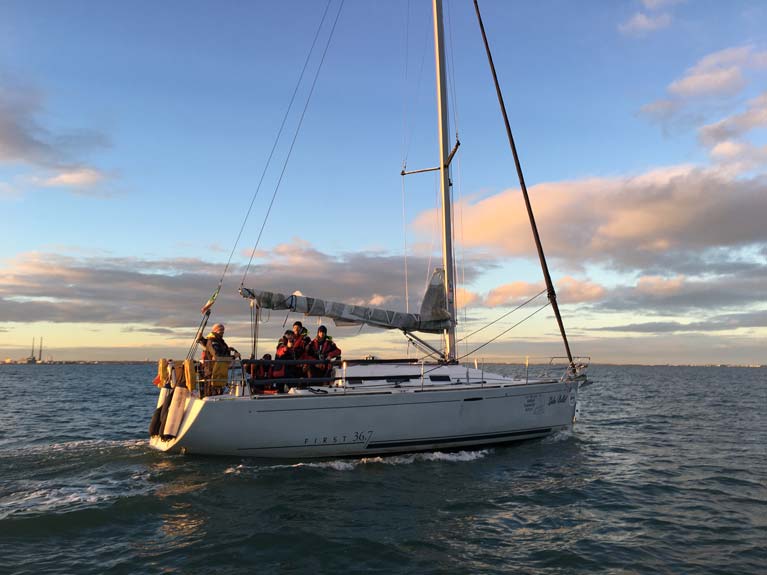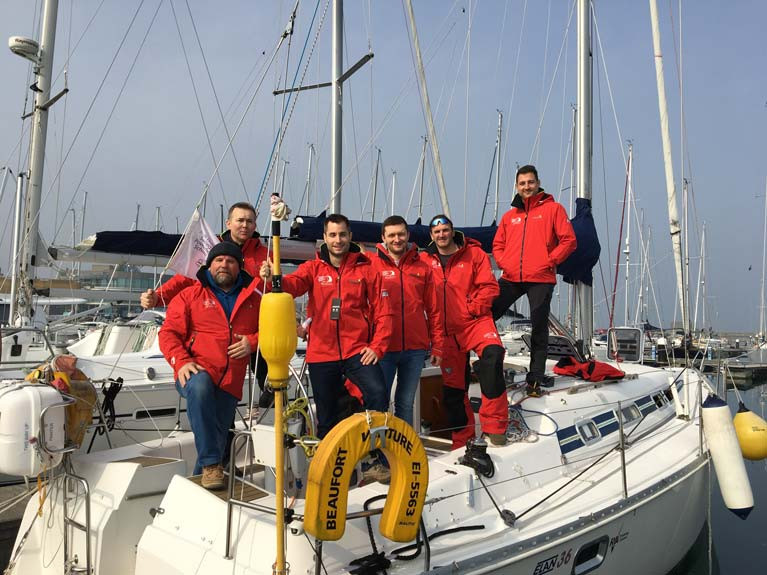Displaying items by tag: yacht charter
The Irish National Sailing & Powerboat School in Dun Laoghaire Harbour want to hear from those who holiday abroad on charter yachts and those who may want to. Given the travel uncertainty emanating from COVID-19 restrictions, there’s a possibility to highlight the excellent cruising and holiday options here in Ireland.
Since the sailing school re-started yachting courses five years ago the vast majority of graduates both are new, or returning to sailing, and undertook the training to charter a yacht abroad.
With travel plans less certain, and the Irish tourism sector facing a huge challenge to get back on its feet the team at the school want to help those who might otherwise have skipped a sailing holiday do so in Ireland when it is safe to do so again.
 The INSS has put together a two-minute survey to gauge the effect of COVID-19 on foreign charter holiday plans and to see if we can assist the Irish yacht training and charter industry in what will be a difficult year or two
The INSS has put together a two-minute survey to gauge the effect of COVID-19 on foreign charter holiday plans and to see if we can assist the Irish yacht training and charter industry in what will be a difficult year or two
INSS has launched a very short survey examining attitudes to chartering aboard and at home, and want to know what barriers exist to chartering a yacht.
The school’s chief instructor Kenneth Rumball describes their approach. “We know anecdotally that there is less demand for this sort of holiday at home, but we want to understand is there anything that we can do to change this. Ideally, we’d love to work with colleagues in the industry to help keep everyone afloat”.
The team are keen to hear your views, either by online survey or by getting in touch with the team in the office on 01 284 4195 or [email protected].
The survey can be found here





























































